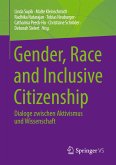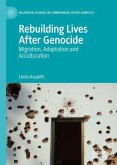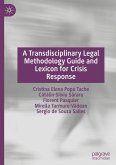This book explores the historical and contemporary policing of Black communities in Britain, revealing how much has and hasn t changed. Drawing on 58 interviews with young people, elders, and community workers in a heavily policed North London neighbourhood, it offers a powerful, intergenerational account of racialised policing and its everyday consequences. Through an intersectional lens, it examines how race, gender, class, and place overlap to shape Black Britons encounters with police and their sense of belonging. Through the voices of those most affected, the book traces how these experiences have produced enduring cultural narratives of mistrust, resistance, and exclusion. Exposing how policing continues to racialise and criminalise certain communities designated suspect status, it connects these practices to the legacies of empire and the politics of othering. It concludes by considering what these histories mean for the present and future of police-community relations and offers practical recommendations for building trust, accountability, and justice.
Bitte wählen Sie Ihr Anliegen aus.
Rechnungen
Retourenschein anfordern
Bestellstatus
Storno








